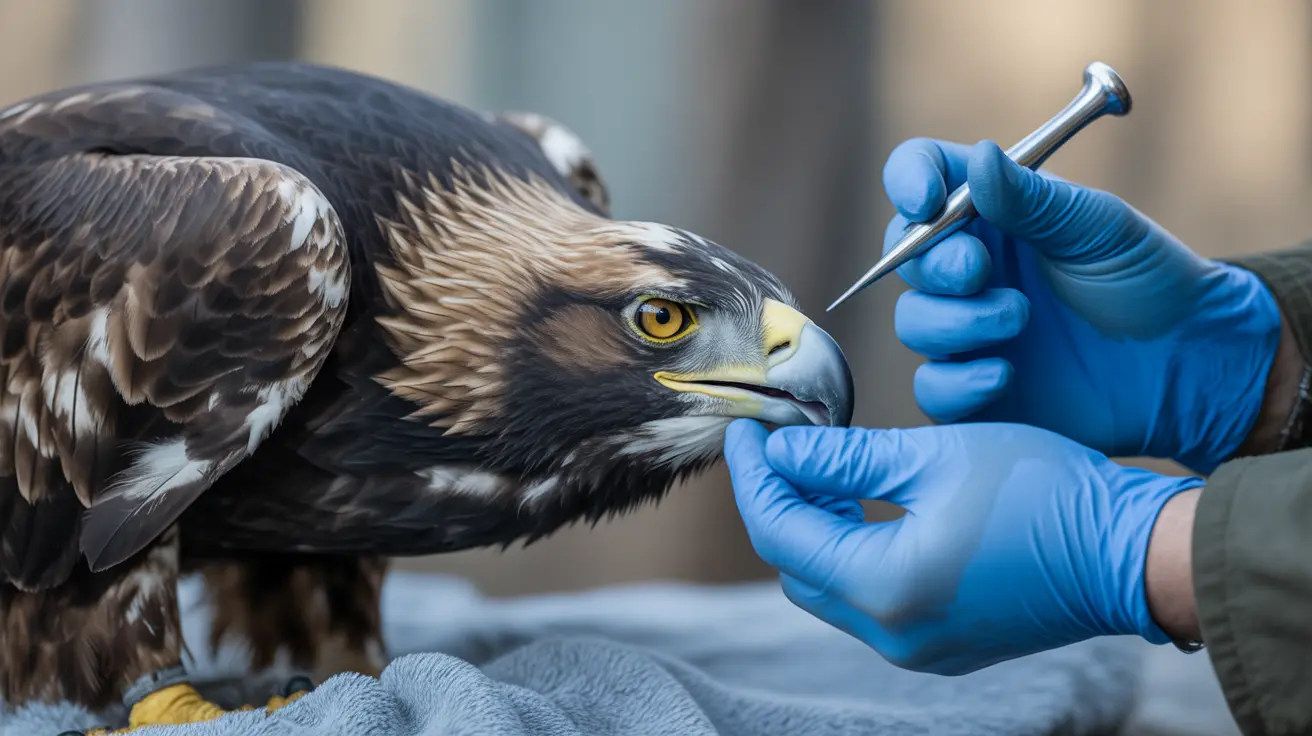Understanding Animal Ownership Bans: Legal Grounds and Implications
In numerous jurisdictions around the world, individuals found guilty of animal cruelty or neglect may face a range of legal consequences. One of the most severe penalties includes being legally
banned from owning animals. These bans are designed to prevent further harm and ensure the well-being of animals by keeping them out of the custody of individuals deemed unfit to care for them.
What Is an Animal Ownership Ban?
An
animal ownership ban is a legal order issued by a court prohibiting an individual from owning, caring for, or harboring animals for a specific period — or, in some cases, permanently. These bans are usually part of sentencing following criminal convictions for offenses such as:
- Animal cruelty
- Neglect or abandonment
- Operating illegal breeding or fighting operations
- Repeated violations of animal welfare regulations
How Are Animal Ownership Bans Enforced?
Enforcement of such bans may vary depending on the region, but typical measures include:
- Regular checks by animal welfare officers
- Registration of convicted individuals in animal abuse registries
- Prohibition from adopting pets from shelters or breeders
Some jurisdictions maintain a
public registry of banned individuals to help shelters and adoption agencies prevent pet adoptions by those prohibited from owning animals.
Duration of the Ban
The length of an ownership ban can vary based on the severity of the offense:
- Temporary bans: Often range from 1 to 10 years
- Lifetime bans: Reserved for egregious cases or repeat offenders
The court may review the ban if the individual demonstrates rehabilitation or compliance with other court-imposed conditions, such as attending education programs.
Examples of Banned Ownership Cases
Animal control authorities have enforced bans in numerous high-profile cases. For example:
- An individual convicted of dogfighting may be banned for life from owning dogs
- A repeated hoarder of cats may receive a 10-year ban
- Someone convicted of extreme neglect may be banned from all animal ownership without exception
These examples underline the role of the law not only in punishment but in
preventing further harm to animals.
Can a Ban Be Challenged or Appealed?
In many legal systems, the defendant may appeal against an animal ownership ban. Success in appeal often requires showing either:
- Improper legal procedures were followed
- New evidence calls the original verdict into question
- The punishment is disproportionate to the offense
However, most appeals do not result in immediate lifting of the ban, as courts prioritize
animal welfare.
What Happens If You Break the Ban?
Violating an animal ownership ban is a criminal offense and can lead to:
- Fines
- Extended or permanent bans
- Imprisonment
Breaking such a ban not only exposes the individual to legal penalties but also places any animals in their care at unnecessary risk.
How to Report Someone Who Is Banned but Still Owning Animals
Animal protection organizations and law enforcement agencies take ownership bans seriously. If you believe someone is violating their ban:
- Contact local animal control or humane societies
- Provide documented evidence if possible (photos, videos, records)
- Call local law enforcement if an animal is in immediate danger
Prompt action can safeguard animals and support legal accountability.
Animal Welfare and Community Responsibility
Awareness of animal ownership bans contributes to a more compassionate society. Responsible pet owners and neighbors can work together to report suspected cruelty or illegal pet ownership. In doing so, they help enforce laws that protect animals from suffering.
Final Thoughts
Being legally banned from owning animals is one of the gravest consequences of animal abuse or neglect. It serves as both punishment and protective measure, ensuring that those who have previously mistreated animals are not given the opportunity to do so again. If you're a pet owner or animal advocate, understanding these laws enhances your ability to act when necessary to protect vulnerable creatures.
Whether you're adopting a pet, reporting cruelty, or educating others, your role in promoting animal welfare is crucial. Stay informed, remain vigilant, and support efforts that uphold responsible animal ownership standards.





